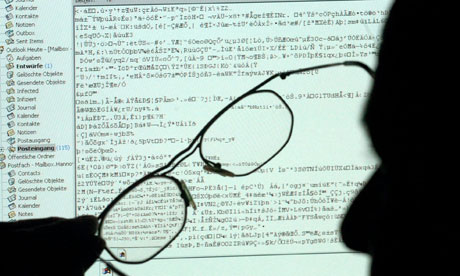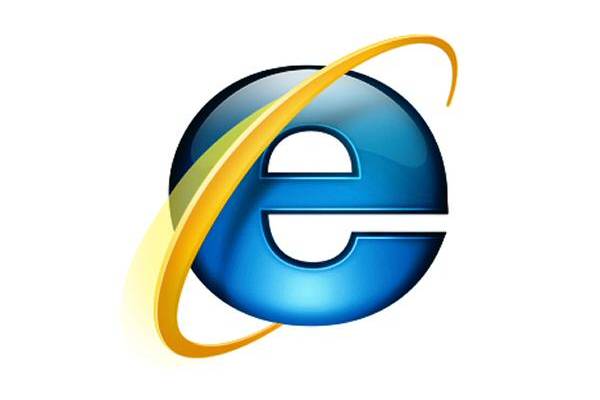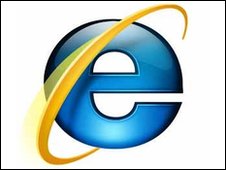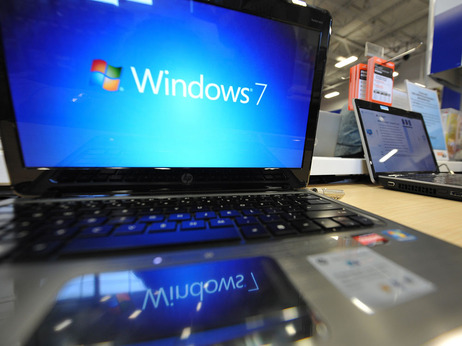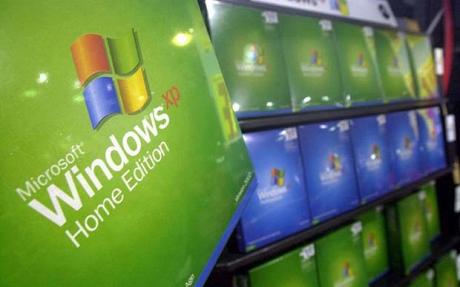– Microsoft Update and The Nightmare Scenario (F-Secure, May 4, 2012):
About 900 million Windows computers get their updates from Microsoft Update. In addition to the DNS root servers, this update system has always been considered one of the weak points of the net. Antivirus people have nightmares about a variant of malware spoofing the update mechanism and replicating via it.
Turns out, it looks like this has now been done. And not by just any malware, but by Flame.
The full mechanism isn’t yet completely analyzed, but Flame has a module which appears to attempt to do a man-in-the-middle attack on the Microsoft Update or Windows Server Update Services (WSUS) system. If successful, the attack drops a file called WUSETUPV.EXE to the target computer.
This file is signed by Microsoft with a certificate that is chained up to Microsoft root.
Except it isn’t signed really by Microsoft.

